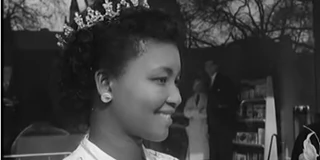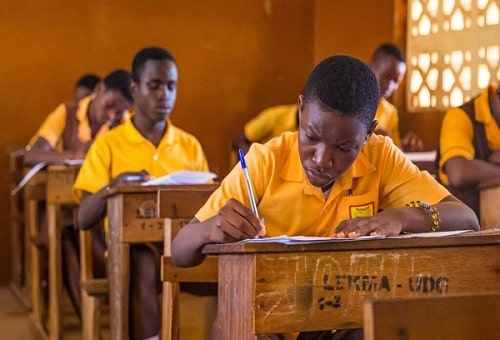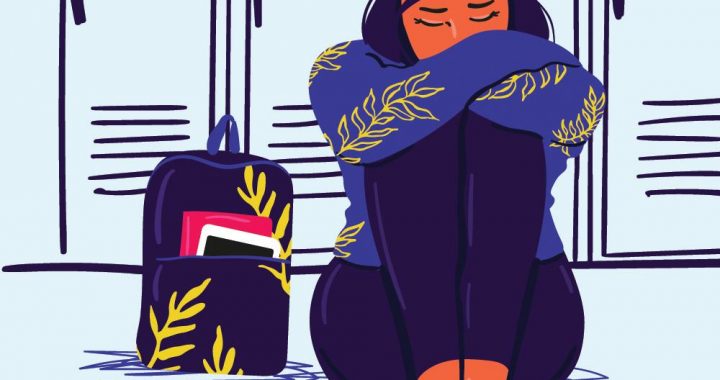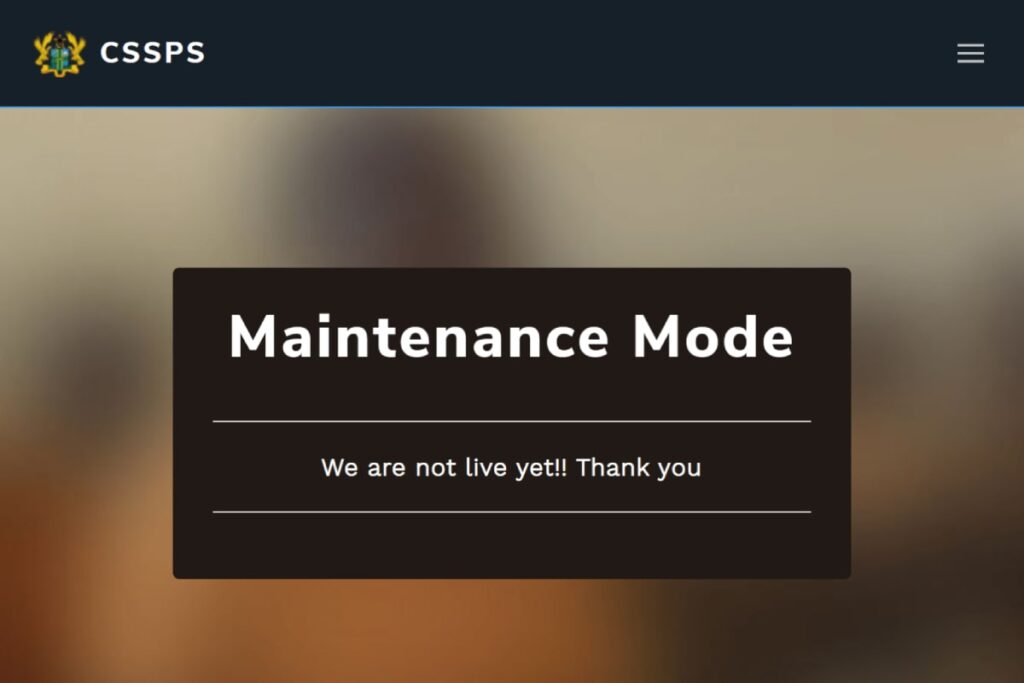Checkout Why Ewes Are Called Number 9

Ewe people hold an extraordinary distinction in Ghana’s history and are attributed to as “Number 9” all through the country. This article reveals why Ewes are called number 9.
This is ascertained in history and tradition and has its heritage in two plausible stories that have molded the Ewe personality.
First of all, during the colonial period, when the British were demarcating administrative regions in Ghana, the Volta Area, the soil of the Ewe people, was designated as the 9th region.
This ancient alignment between the Ewe people and the number nine established a connection that endures right up to the present day.
Secondly, in the early years after Ghana gained independence, an important event transpired that further established the association between the Ewe people and the number nine.
The nation hosted its first-ever beauty pageant to mark the celebration of Ghanaian culture and grace.
At the heart of this event was a contestant from the Volta Locale, Monica Ablah Amekoafia, who gladly displayed the number nine on her wrist.
Monica’s elegance and beauty captivated the judges and the audience, leading her to glory in the pageant.
Her triumphant wave of the number nine to the cheering group sealed her place in Ghanaian history.
The resonance of Monica’s triumph and the colonial-era demarcation have converged after some time, inserting the nickname “Number 9” profoundly inside the Ewe people group’s identity.
It serves as an indication of their rich heritage, resilience, and contributions to Ghana’s cultural mosaic.
READ: Today in History: September 11th US Bombing in 2001
Today, when you hear the expression “Number 9” in Ghana, it is not just a numerical designation; it is a symbol of pride, solidarity, and history.

 WAEC releases 2024 BECE for School and Private students results
WAEC releases 2024 BECE for School and Private students results  2025 BECE Home Mock Is The Best The Preparation From Home For Basic 9 Learners
2025 BECE Home Mock Is The Best The Preparation From Home For Basic 9 Learners  Teen Depression: What Are The Causes Of Depression In Teenagers?
Teen Depression: What Are The Causes Of Depression In Teenagers?  GES lists first-year SHS/TVET students national prospectus general items
GES lists first-year SHS/TVET students national prospectus general items  MoE announces deadline to release school placement results of 2024 BECE graduates
MoE announces deadline to release school placement results of 2024 BECE graduates  Govt announces free access to 2024 SHS/TVET placement portals
Govt announces free access to 2024 SHS/TVET placement portals  Bawumia congratulates Tamale Senior High School for qualifying to 2024 NSMQ semi-final stage
Bawumia congratulates Tamale Senior High School for qualifying to 2024 NSMQ semi-final stage